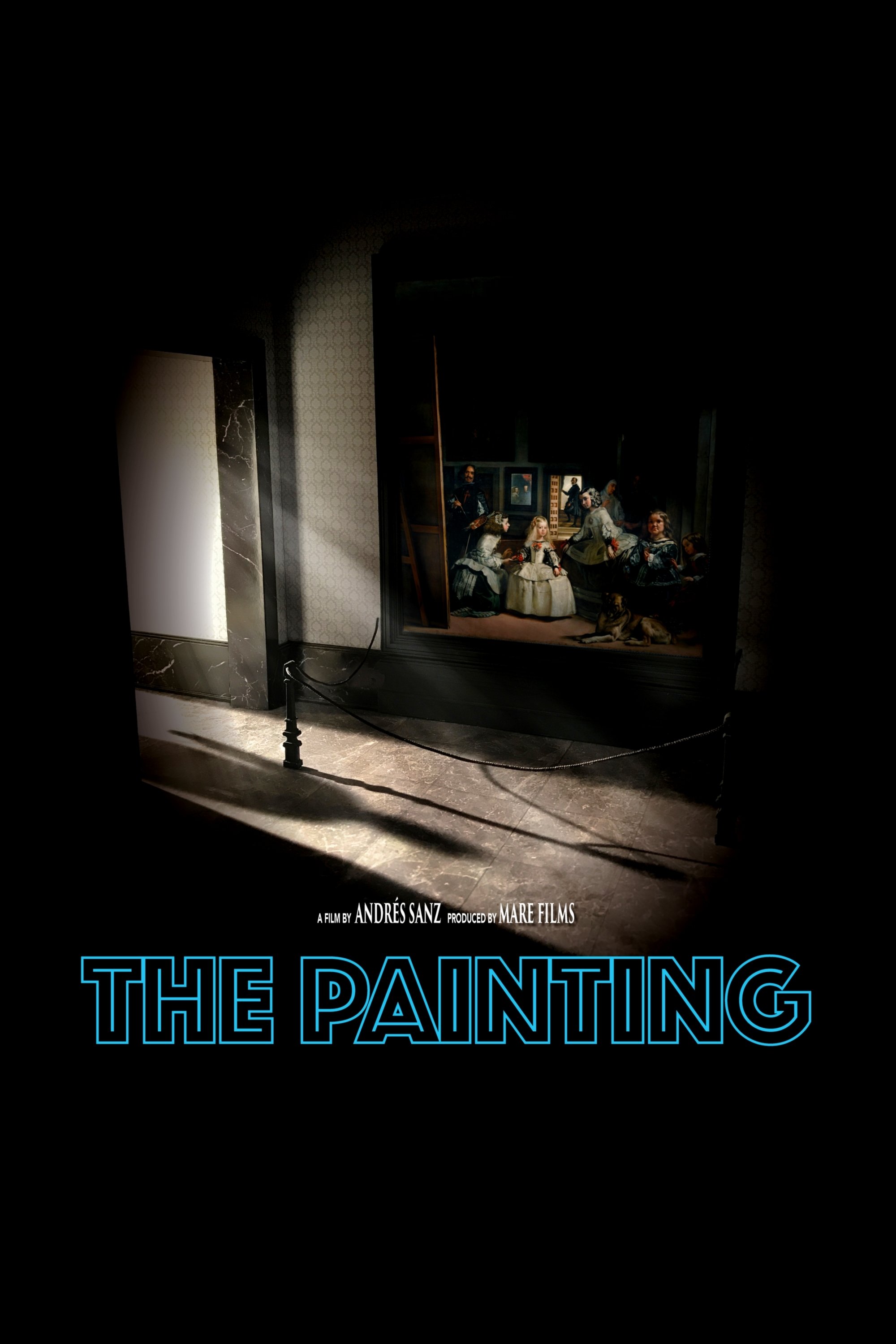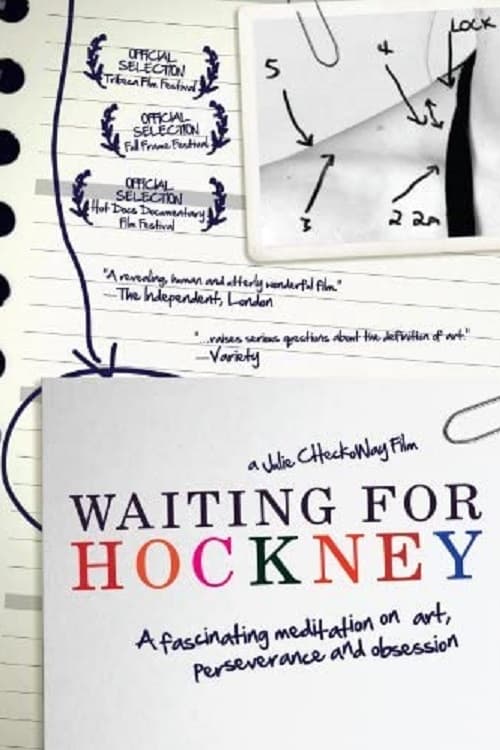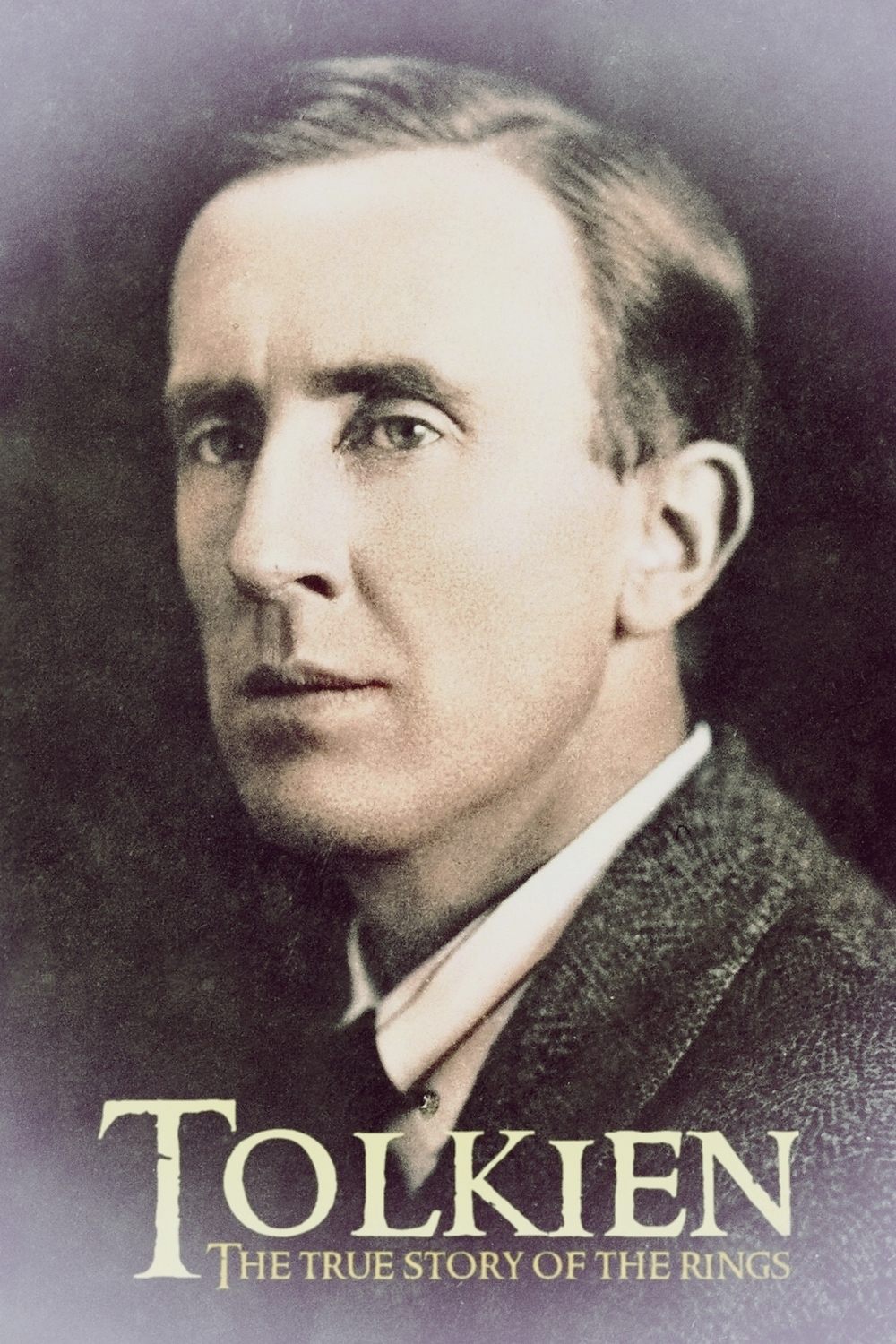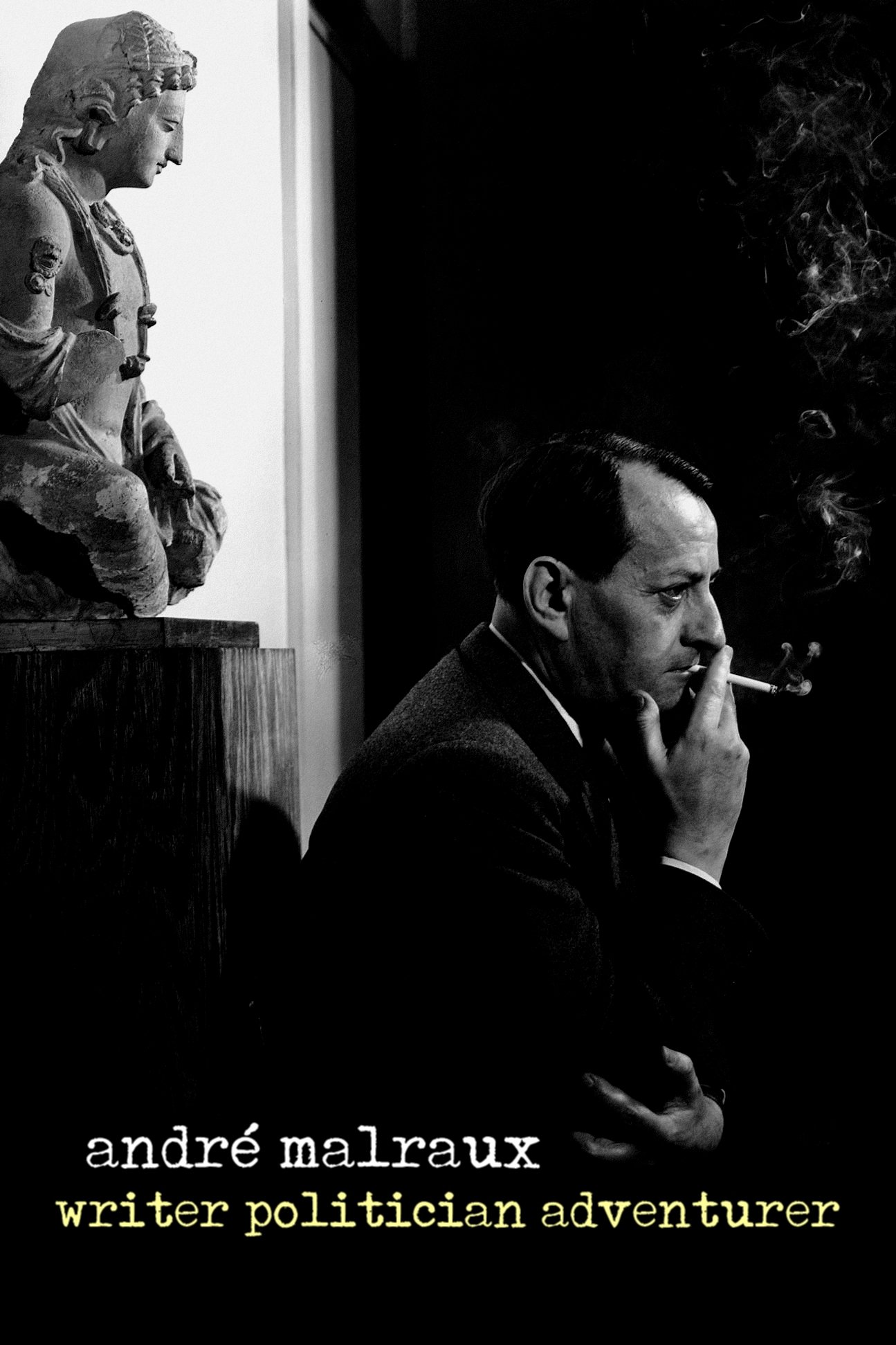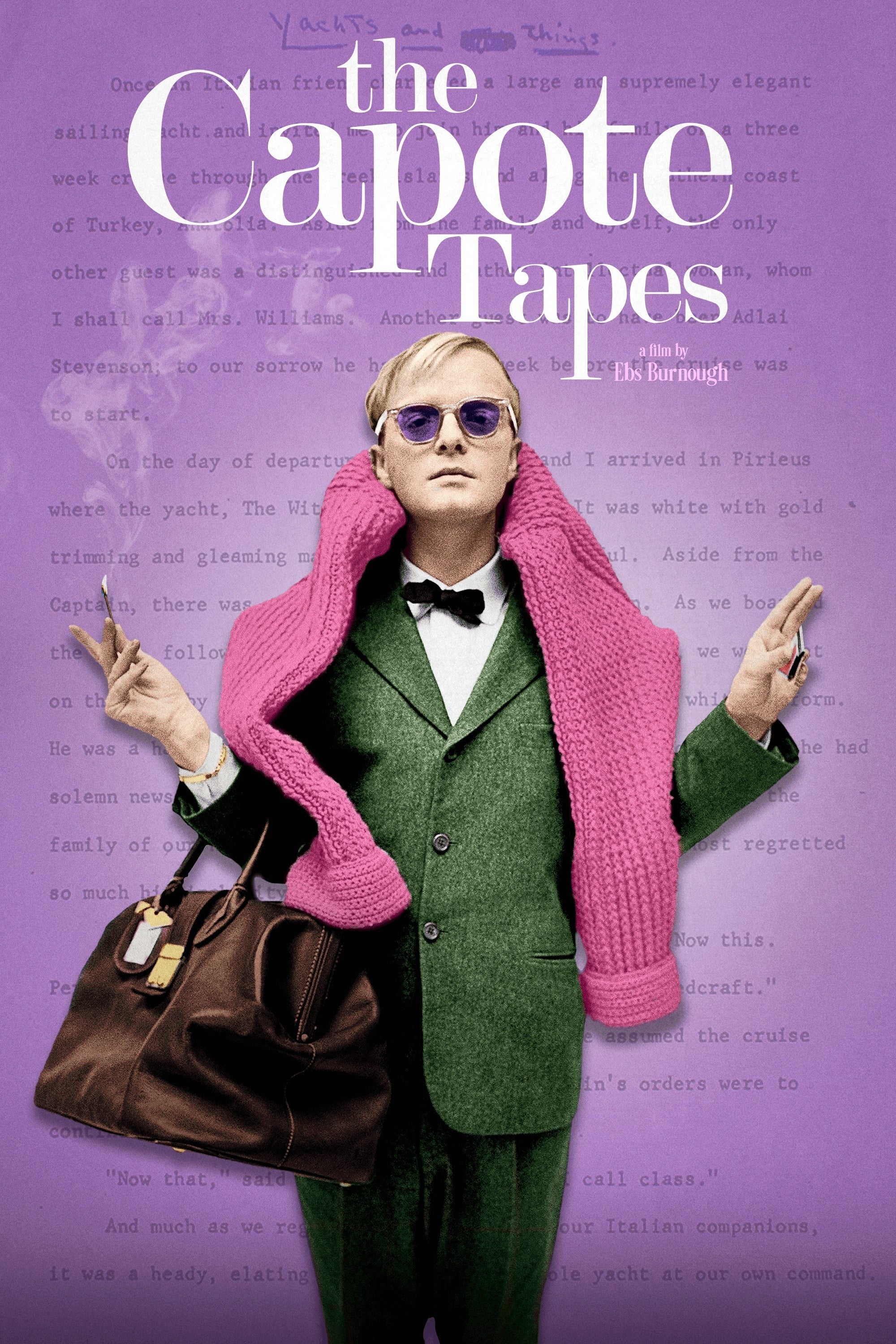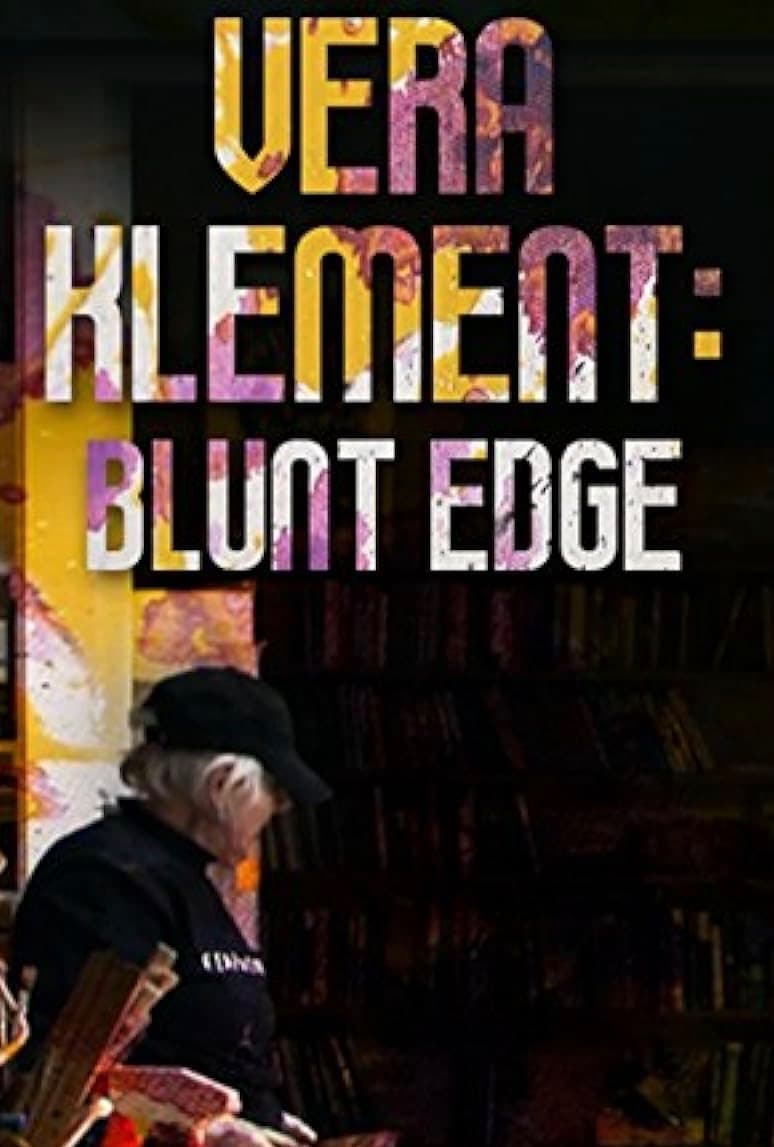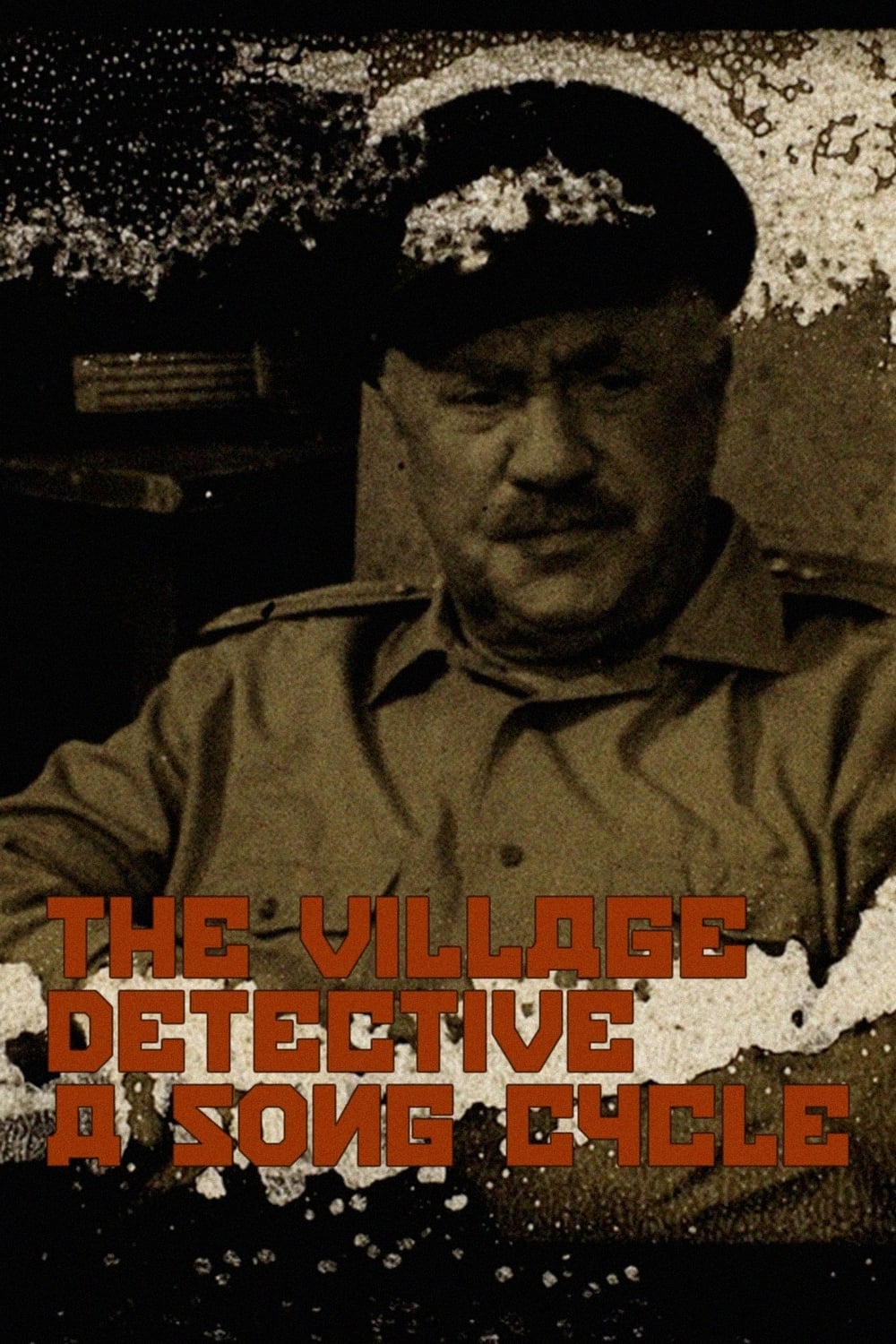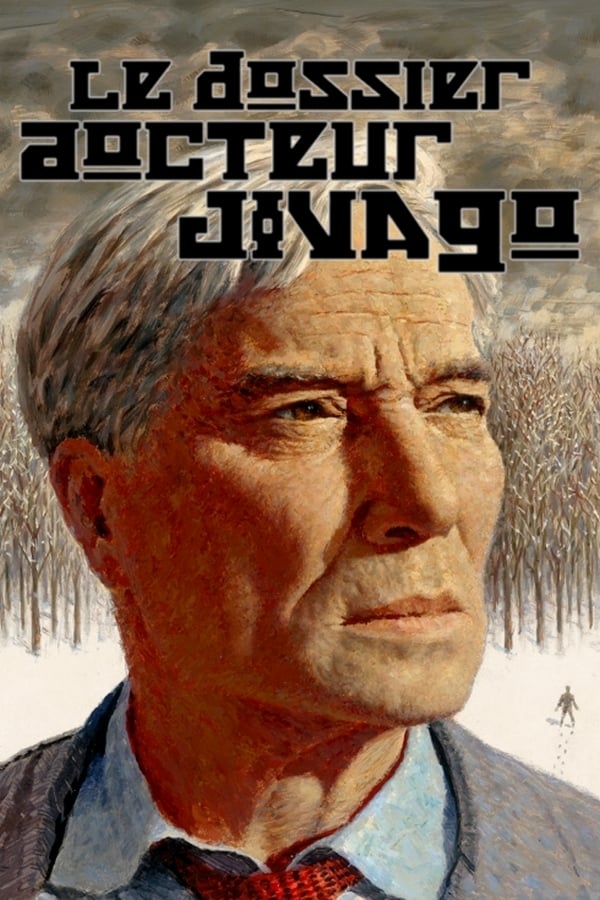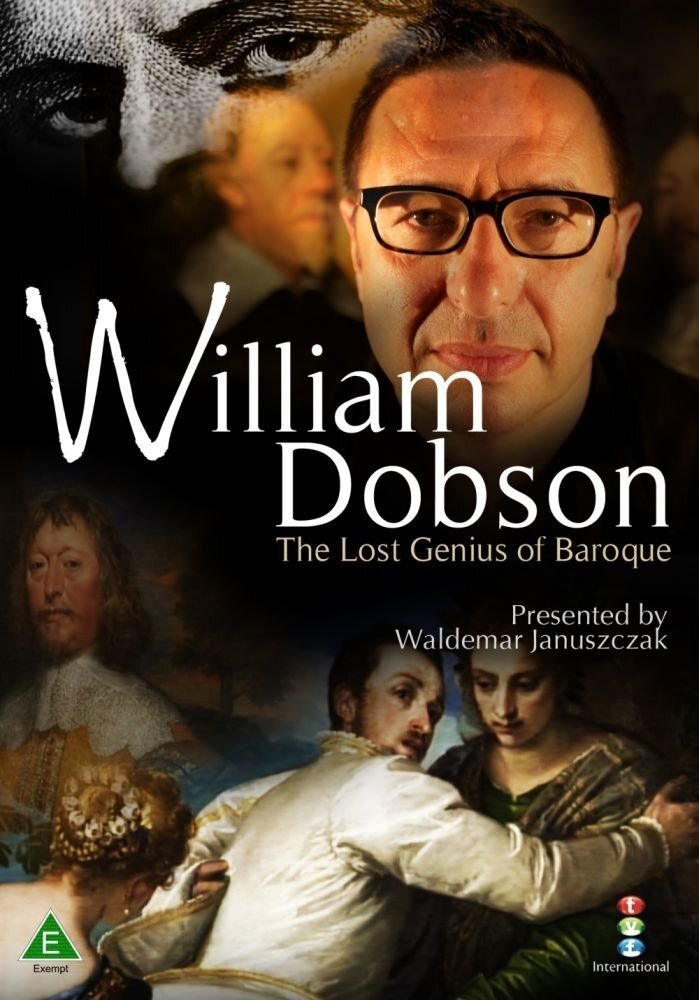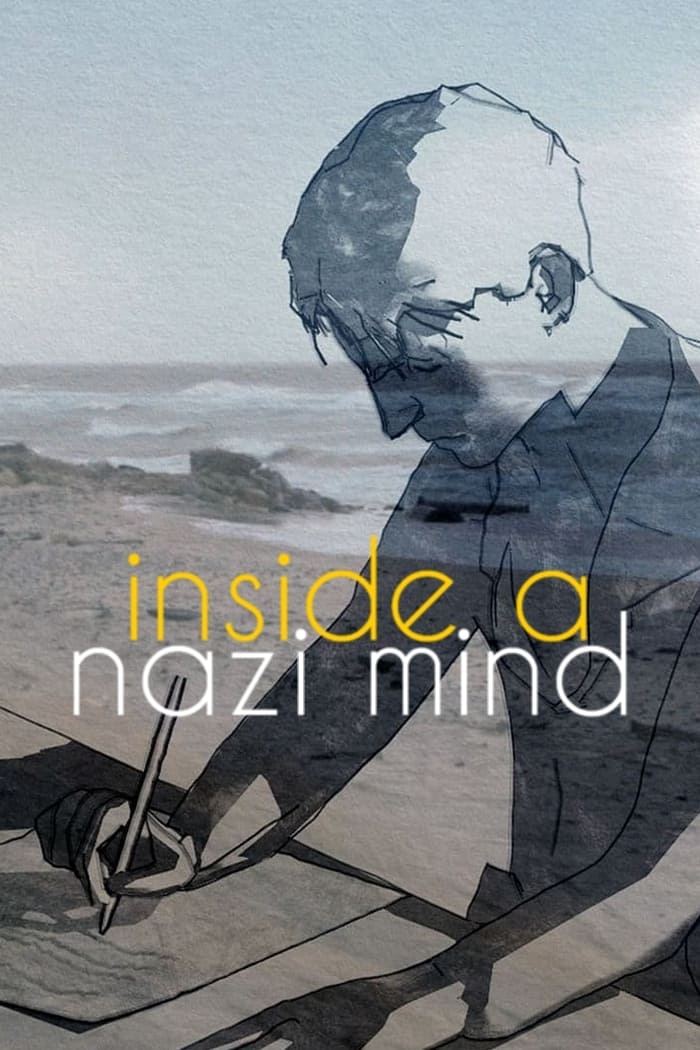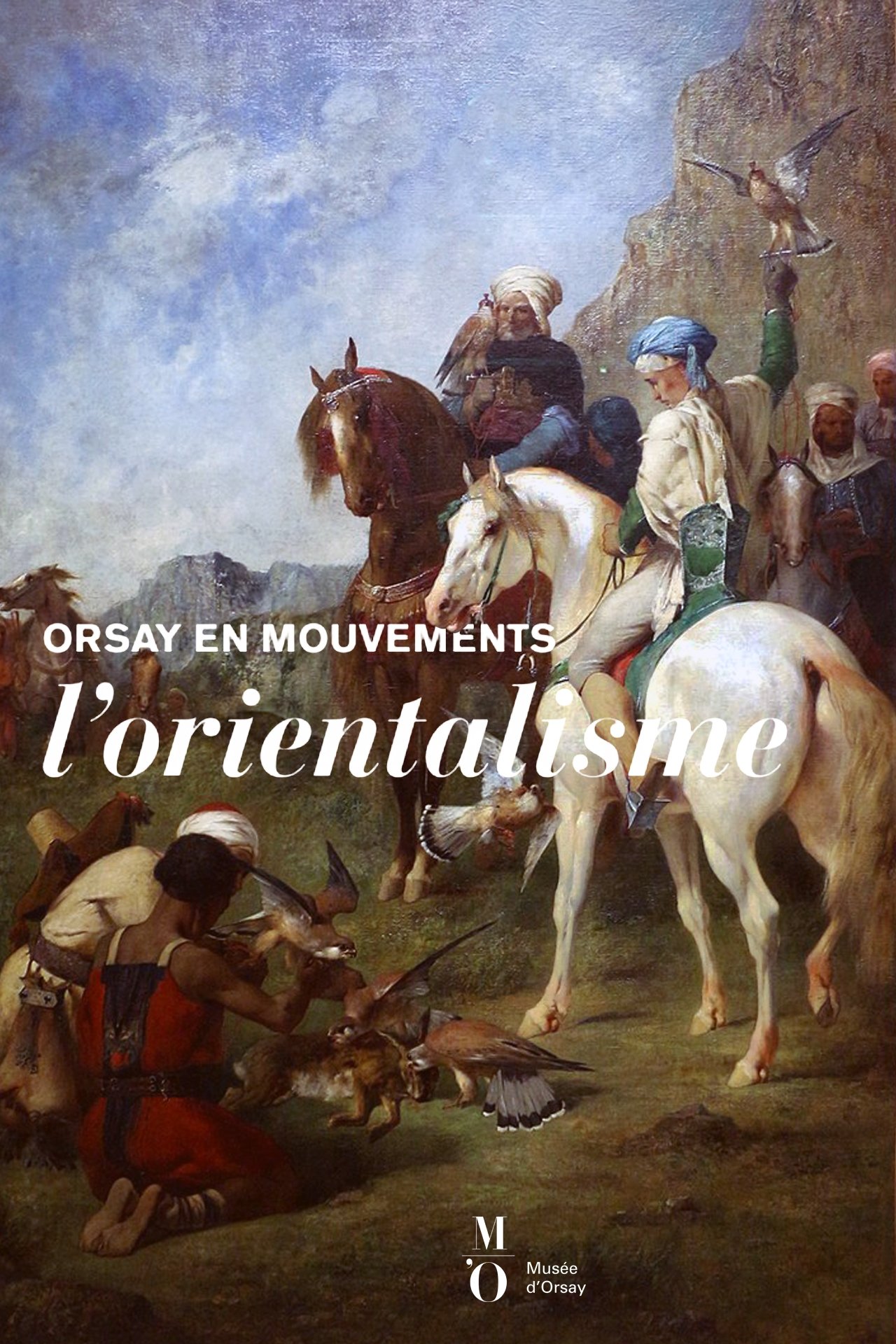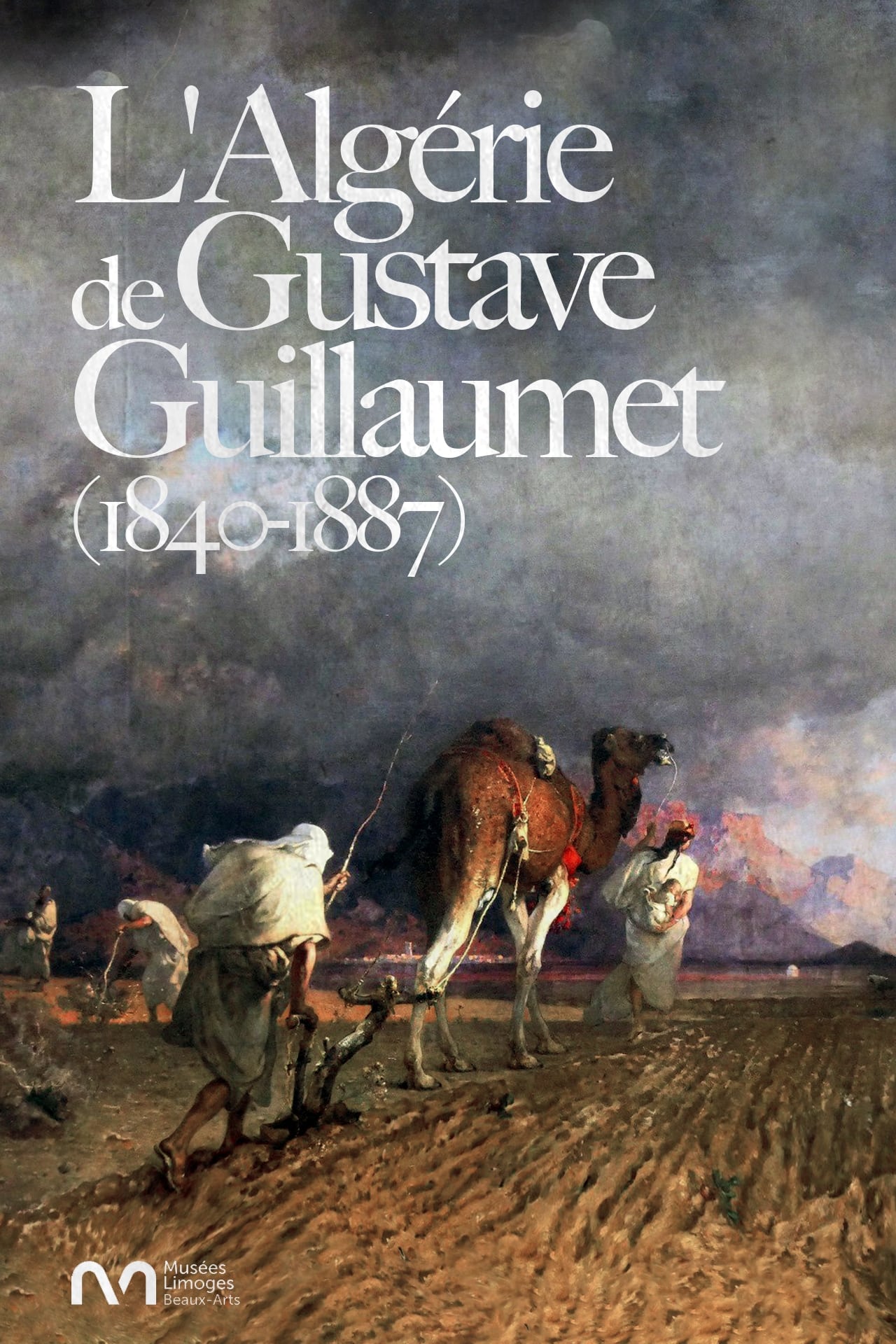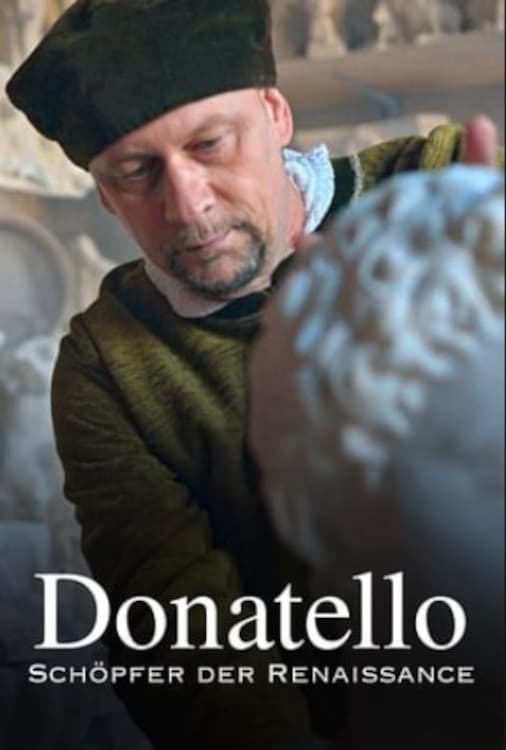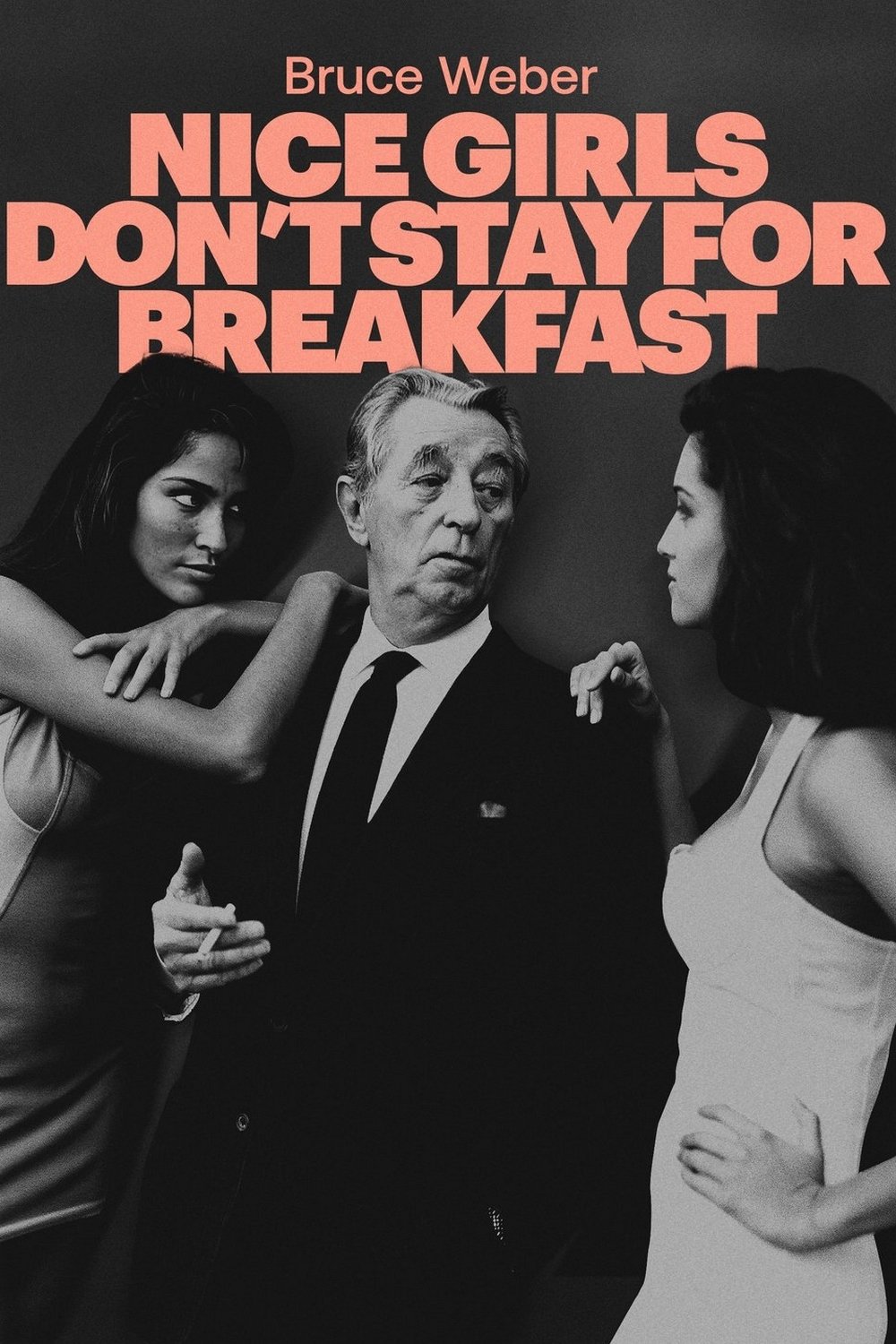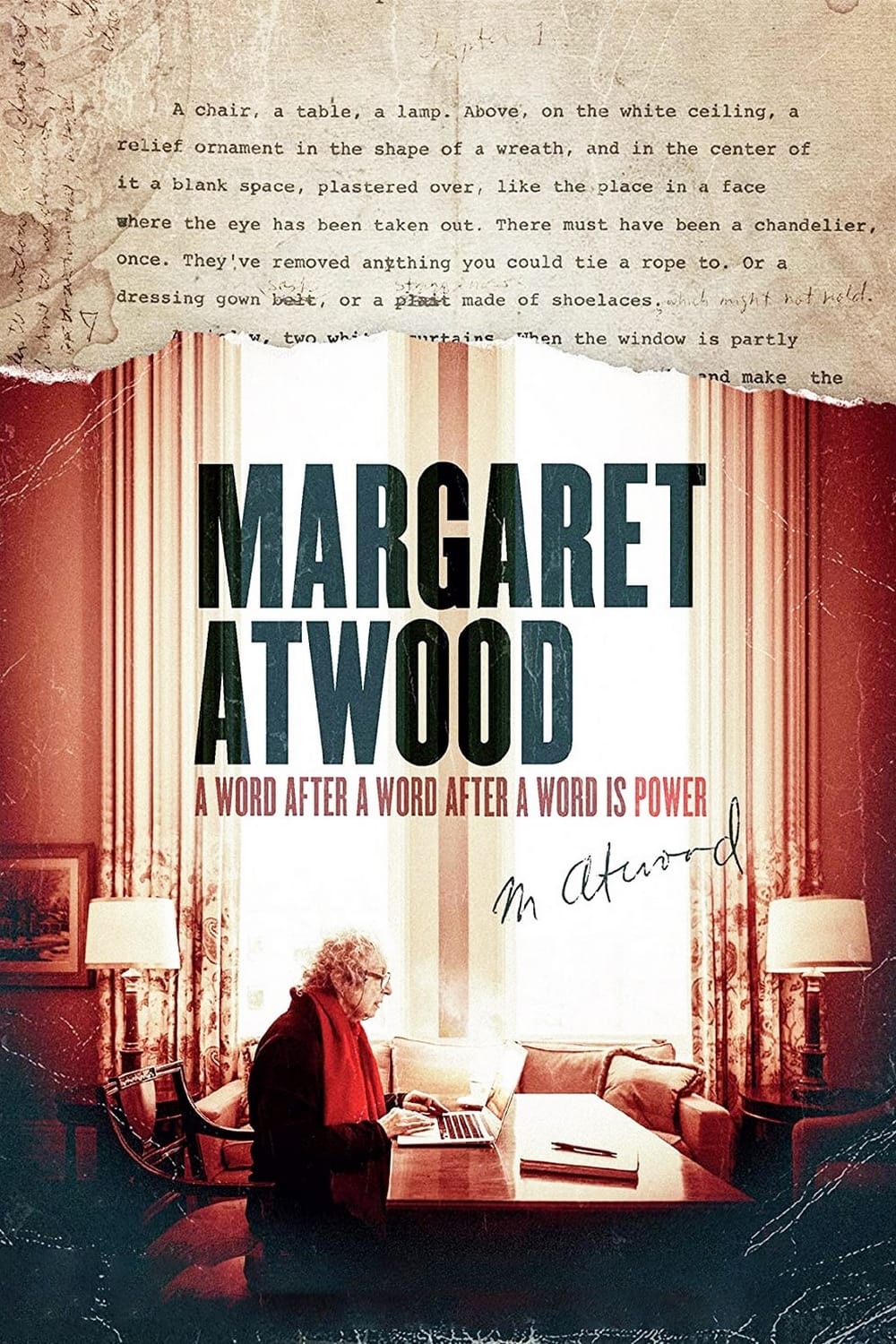Wij, Roger Raveel
Watch Movie
Share
Wij, Roger Raveel
2021
0h 55m
0.0(0 votes)
Documentary
Overview
Documentary about the belgian painter Roger Raveel (1921-2013) as part of his centennial celebration.
Links & Resources
Social & External
Production Companies
Cast & Crew
6 members
Acting
Roger Raveel
Self (archive)
No Image
Acting
Zulma De Nijs
Self (archive)
No Image
Acting
Roland Jooris
Self
No Image
Acting
Luc Levrau
Self
No Image
Acting
Franz-W. Kaiser
Self
No Image
Acting
Marleen De Muer
Self
No Image
Similar Movies
Recommended Movies

No Recommendations Yet
We're working on finding the perfect movies for you. Check back soon!
More movies coming soon

